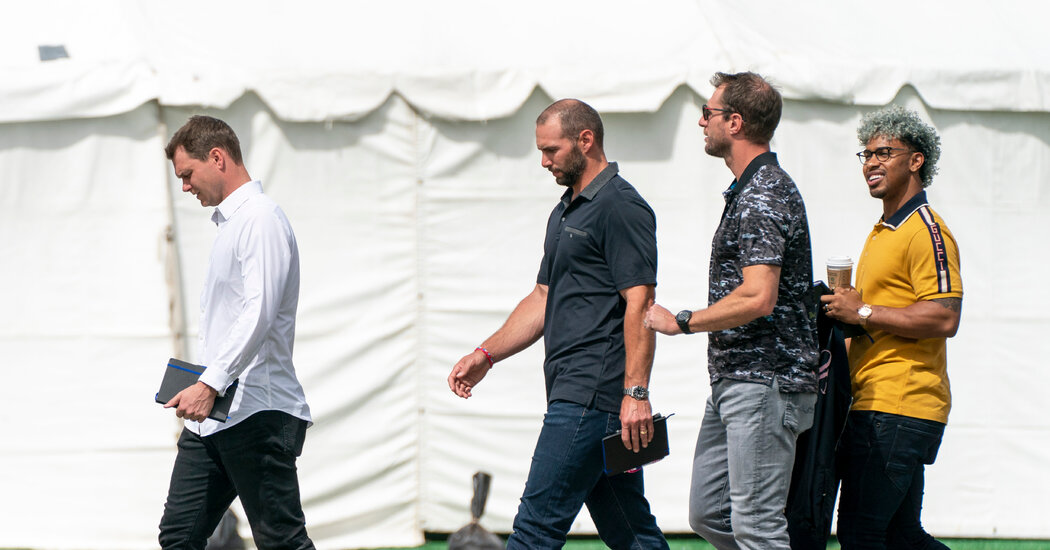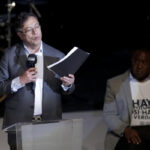
“There were a lot of meetings and they heard us,” Cruz, 42, who is from the Dominican Republic, said of the union. “A lot of Latino players were involved.”
M.L.B. has said it has wants to overhaul the international free-agent system, in which children as young as 16 can sign with teams, because of concerns over corruption, performance-enhancing drug use and verbal agreements with children much younger than allowed, particularly in the Dominican Republic. The Caribbean island has produced more baseball players than any country outside of the U.S.
But the union, whose previous proposals for modifying the existing international entry system were rejected by M.L.B., has pointed to teams’ front offices and scouts as the culprits. After the new labor deal was struck in March, Tony Clark, the union’s executive director and a former player, called the challenges of the current system “largely associated with those that are cutting the checks.”
M.L.B. Commissioner Rob Manfred countered last month, telling reporters, “Our efforts to rein in corruption in the Dominican have been ongoing and legion. It’s easy to say that it’s people that cut the check, that they’re engaged in corruption. But, you know, somebody’s taking the check, right?”
M.L.B. has proposed a draft of 20 rounds for international amateurs beginning in 2024 that would include $181 million in spending for the top 600 picks, hard rules on the assigned bonuses for each pick and a limit of $20,000 for signing undrafted free agents. The union countered last week with a 20-round draft that included $260 million in spending for the top 600 picks, looser rules on the assigned bonuses, a limit of $40,000 for signing undrafted free agents, and a series of measures it felt could improve players’ development and education.
(After an amateur player signs with a team, the union does not represent them until they are on a 40-man major-league roster.)




